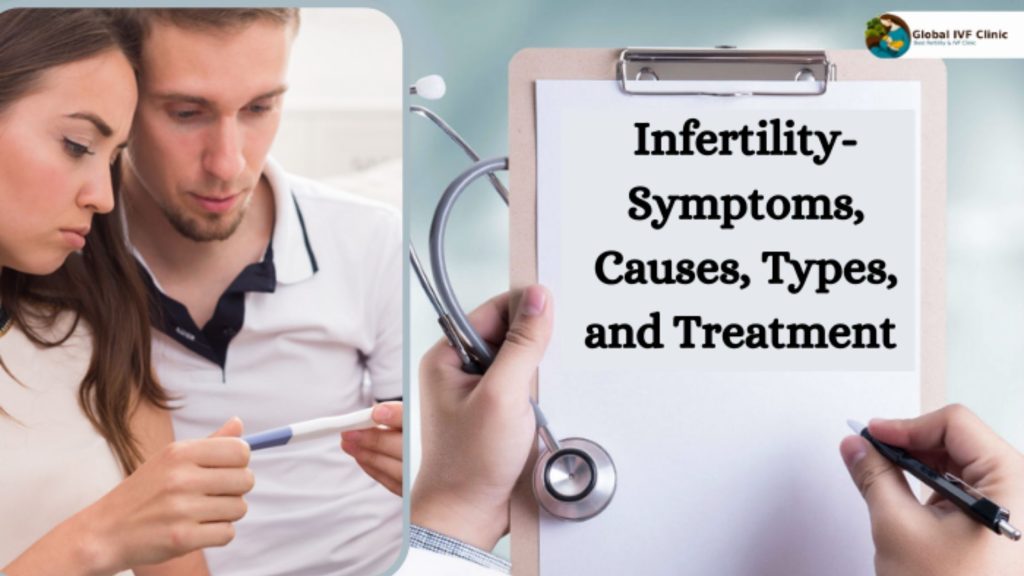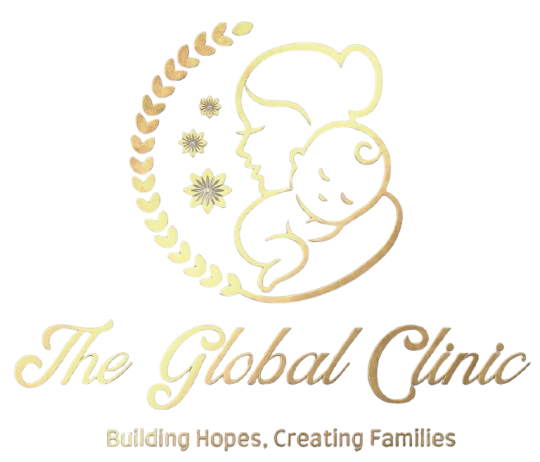You’re not alone if you and your spouse fight to have a baby. Fertility issues affect 8 to 12 percent of spouses globally. Infertility indicates that most couples will not become pregnant for at least a year, despite often unprotected intercourse.
According to the Infertility specialist In Greater Noida, Differences may come from a problem or a combination of circumstances preventing conception with you or your spouse.
Thankfully, many safe and efficient therapies can significantly increase your chances of becoming pregnant.
Symptoms
Infertility is not the major symptom of becoming pregnant. No additional apparent symptoms can occur. Sometimes an infertile woman has irregular or menstrual cycles that are missing.
A man may exhibit signs like alterations in hair growth or sexual function, as well as hormone problems, under specific conditions.
Male infertility causes
Abnormal production or function owing to undescended testes, genetic flaws, diabetic issues of health, chlamydia, gonorrhea, mumps, or HIV infections. The quality of the sperm may also be affected by larger veins in the testes (varicocele).
Cancer and its treatments, such as radiation or chemotherapy, have the potential to cause harm. Cancer therapy can have a significant impact on sperm production.
Female infertility causes
Diseases that prevent eggs from being released from the ovaries are known as ovarian abnormalities. One example of a hormonal disease is a polycystic ovarian syndrome. Hyperprolactinemia, or having too much prolactin — the hormone that stimulates breast milk production — can also prevent ovulation.
Uterine fibroids are noncancerous (benign) masses in the uterine wall that can prevent a fertilized egg from implanting in the uterus by obstructing the fallopian tubes.
Injury to the fallopian tube. This might be caused by a sexually transmitted illness, endometriosis, fibroids, or a prolapsed pelvic organ.
Pelvic adhesions are scar tissue bands that tie organs together and can be caused by a pelvic infection, appendicitis, endometriosis, or abdominal and pelvic operations.
Cancer. Some cancers, particularly reproductive tumours, have been shown to affect female fertility. Fertility can be affected by both radiation and chemotherapy.
Treatment of Males
Males with general sexual problems or a lack of healthy sperm may benefit from medication. These drugs may help with testicular function, such as sperm production and quality.
Surgery. In certain situations, surgery can help to clear sperm obstructions and restore fertility.
Getting sperm is a process that takes time and effort. Several techniques are utilized to capture sperm when ejaculation is problematic or when there is no sperm in the ejaculated fluid. When sperm counts are low or abnormal, they can be used.
Treatment of females
To improve their fertility, some women only take one or two treatments. Others may need a mix of therapies to conceive.
Ovulation is induced with the use of fertility drugs. Fertility drugs are the most common treatment for women who are unable to conceive due to ovulation issues. Ovulation is controlled or stimulated by these medications. Talk to your doctor about your fertility drug options, including the benefits and risks of each type.
IUI is an abbreviation for intrauterine insemination (IUI). Healthy sperm is put directly in the uterus during IUI, about the time the ovary releases one or more eggs to be fertilized.
Fertility restoration surgery. Endometrial polyps, a uterine septum, intrauterine scar tissue, and certain fibroids can all be addressed with hysteroscopic surgery. Endometriosis, pelvic adhesions, and bigger fibroids may necessitate laparoscopic surgery or surgery involving a wider abdominal incision.
If you are struggling with infertility issues, and are looking for a fertility & IVF specialist In Greater Noida, contact Dr.Ramya Mishra Shukla and get an appointment.




